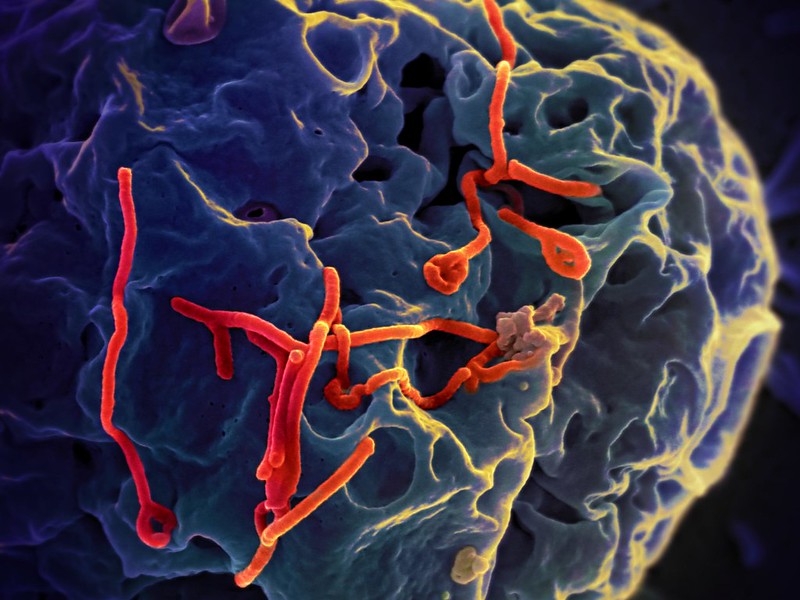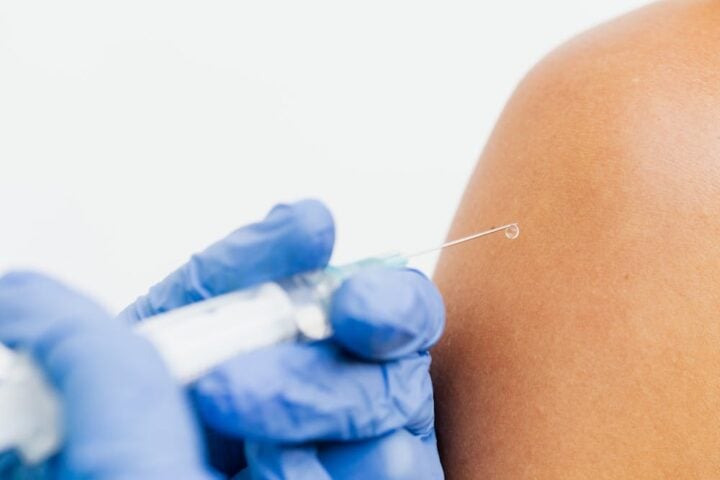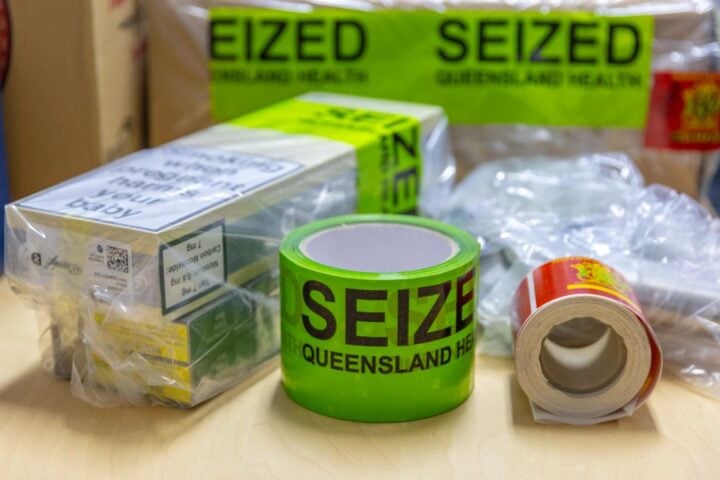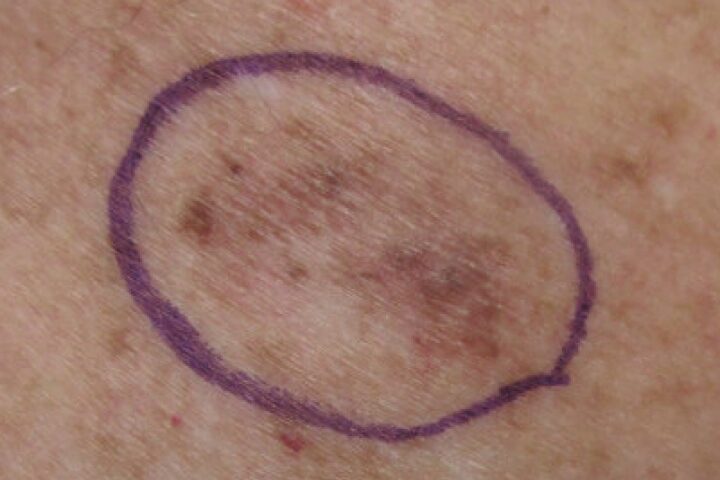A new outbreak of Ebola has hit Uganda, with nine people infected and one death reported. Ebola is a highly infectious hemorrhagic disease with more than 40 percent fatality rate for the Sudan strain.
The person who died was a nurse who worked at Uganda’s main hospital in Kampala. Before getting proper treatment, he visited local healers – a common but risky choice that can help the virus spread. “I knew I was infected, but the fear was overwhelming,” said Edward Kayiwa, who survived a previous Ebola outbreak in 2022. He waited two days before calling an ambulance because rumors in his neighborhood claimed hospitals were killing patients.
Right now, eight people are sick but getting treatment – seven in Kampala and one in Mbale, a city near Kenya. Health authorities are monitoring 265 people who have been placed under quarantine after being identified as contacts of confirmed cases.
What makes this outbreak extra challenging is that there’s no proven vaccine for this type of Ebola, called the Sudan strain. While a vaccine exists for the Zaire strain – which caused the 2013-2016 West Africa epidemic killing over 11,000 people – it’s not effective against the current outbreak. Doctors are testing a new vaccine, but many people are hesitant to try it.
“My job is to remove this hesitancy,” says Dr. Bruce Kirenga, who’s leading the vaccine trials. “We are going to provide people with the information they need, and they will understand the importance of participating.”
Similar Posts
The virus causes symptoms including fever, severe headache, muscle pain, fatigue, and can lead to bleeding from the nose, gums, ears and eyes. Medical workers handling Ebola patients must wear full personal protective equipment and follow strict hygiene protocols to avoid infection.
This protective equipment is essential because, as Kayiwa witnessed, Ebola can be deadly: “In the first room where I was first admitted, all the patients died. Ebola is no joke.”
The outbreak is also hurting Uganda’s tourism industry. “The moment news of an epidemic outbreak goes public, tour companies start receiving cancellation emails,” explains Muhereza Kyamutetera, who leads the Uganda Tourism Association.

Government officials have decided to provide fortnightly updates instead of daily ones. Health Minister Jane Ruth Aceng says what’s most important is teaching people how to protect themselves. However, some experts disagree with this approach. “There is an information gap, we are all anxious to know what is happening,” says Freddie Ssengooba, a public health expert at Makerere University.
The World Health Organization has sent $2 million to help Uganda fight the outbreak. This money will help support Uganda’s response efforts.
This outbreak comes just two years after Uganda’s last Ebola crisis, which infected 142 people and killed 55. While Uganda has experience handling Ebola, each outbreak brings new challenges. Understanding symptoms, seeking immediate medical care, and following health protocols are crucial for controlling the spread.


















